Deepfakes, Distrust and Disinformation: The Impact of AI on Elections and Public Perception

Introduction
In 2024, more than 50 national elections are taking place or have already taken place across the globe, from Taiwan’s presidential elections in January, to India’s Lok Sabha election staged over seven phases from April to June, to the US presidential elections in November. Meanwhile, the rapidly evolving state of generative AI (gen AI) has drastically lowered the barriers for anyone, including individuals and state actors with malicious intent, to create spam, deepfakes and other synthetic content. In combination with scantly regulated social media platforms whose algorithms exploit user behavior to gain clicks, the rapid and widespread dissemination of mis- and disinformation has never been more accessible. As a result, it has never been easier to manipulate voter attitudes and behaviors and affect the integrity of the electoral process. According to the World Economic Forum’s Global Risk Report 2024, misinformation and disinformation emerged as the top risk over the next two years.
This full-day conference will explore the impact of gen AI on disinformation campaigns – specifically, deepfakes and disinformation created by gen AI, but also the proliferation of disinformation through AI – and how such campaigns may impact elections outcomes (and trust in electoral systems). It critically engages in the questions to what extent AI has transformed disinformation and its potential impact on electoral processes and trust (or not), what technical approaches to detecting and combating of AI- and non-AI generated disinformation exist, and what the roles and responsibilities of different stakeholders (media, digital platforms, government, civil society and consumers) in combating disinformation are?
This event is organized by the Center for Digital Trust (C4DT), EPFL in collaboration with EPFL’s AI Center and the Initiative for Media Innovation (IMI)
Agenda
09h00
Registration and Welcome Coffee
09h30
Welcome and Introductory Remarks
by Melanie Kolbe-Guyot, Head of Policy, C4DT
Part 1 – Artificial Influence? The Intersection of AI, Disinformation, and Politics
Part 1 will critically explore the impact of AI on disinformation, and of AI-generated disinformation on political outcomes and public perception. It will examine recent cases of disinformation in political contexts and assess the extent to which AI is amplifying political polarization and erosion of public trust.
09h35
Keynote Speech
by Sisi Wei, Chief Impact Officer and former Editor-in-Chief, The Markup, USA
09h55
Talk – Fact or Fiction? Assessing the Spread of AI-based Disinformation in Indian Elections
by Anushka Jain, Research Associate, Digital Futures Lab, India
10h10
Talk – AI and Disinformation: An Industrial Revolution?
by Chine Labbé, Editor-in-Chief and Vice President of Partnerships for Europe and Canada, NewsGuard
10h25
Talk – The Automation Paradox: Why We Fear AI Yet Trust It to Detect Disinformation?
by Jan Zilinsky, Postdoctoral Researcher, Technical University Munich (TUM), Germany
10h45
Coffee Break
11h10
Talk & Survey – The Impact of AI on Disinformation: The Public Perception
by Hubert Brossard, Senior Client Officer, Ipsos Switzerland
11h25
Panel 1 – AI, Disinformation, and Political Implications: Reality versus Hype
This panel session will critically examine the impact of disinformation on political outcomes and public perceptions, including political polarization and public trust. We will explore the reasons behind public engagement with disinformation and the role of AI in both propagating and countering disinformation. By integrating insights from various disciplines, this panel aims to assess whether concerns about (AI-driven) disinformation influencing electoral processes are justified or exaggerated.
Moderated by: Nicolas Zahn, Managing Director, Swiss Digital Initiative
Panelists
- Lukas Mäder, Technology Journalist, Neue Zürcher Zeitung (NZZ)
- Jan Zilinsky, Postdoctoral Researcher, Technical University Munich (TUM), Germany
- Albertina Piterbarg, Freedom of Expression and Elections Expert, UNESCO, France
12h30
Lunch
Part 2 – Research Frontiers: AI Technologies in Disinformation Creation and Control
Part 2 will delve into the technical aspects of generating, detecting, and combating disinformation, with a specific emphasis on AI technologies.
13h30
Talk – Trends in Research and Innovation to Address Challenges in AI-powered Synthetic Media and Deepfakes
by Prof. Touradj Ebrahimi, Director of the Multimedia Signal Processing Group, EPFL
13h45
Talk – Implications of Generative AI on Content Creation
by Prof. Yash Raj Shrestha, Group Head of the Applied AI Lab, University of Lausanne (UNIL)
14h00
Talk – The Unique Vulnerability of Switzerland to LLM-Augmented Information Operations
by Prof. Andrei Kucharavy, University of Applied Sciences and Arts Western Switzerland (HES-SO Valais-Wallis)
Part 3 – Counteracting Disinformation: Stakeholders’ Roles, Responsibilities, and Strategies
In part 3 we will address the multifaceted and collaborative approaches needed to effectively counteract disinformation, involving regulatory measures, technical solutions, public information, and social resilience. It will also explore the roles and responsibilities of different stakeholders (media, digital platforms, government, civil society and consumers).
14h20
Panel 2 – Policy and Platform Accountability: Regulatory Approaches to Combating Disinformation
This panel will delve into the approaches and roles of governments, policymakers, industry, international and standardization bodies, and digital platforms in addressing disinformation.
Moderated by: Olga Baranova, Secretary General, CH++
Panelists
- Marjorie Buchser, Senior Consultant, UNESCO / Senior Advisor, Chatham House, Netherlands
- Ashutosh Chadha, Senior Director UN Affairs and International Organisations, Microsoft
- Prof. Touradj Ebrahimi, Director of the Multimedia Signal Processing Group, EPFL
- Lindsay Hundley, Influence Operations Policy Lead, Meta
- Aurora Morales, Trust & Safety Global Engagements Manager, Google
15h40
Coffee Break
16h10
Panel 3 – Building Resilience: The Role of Media, Academia, and Civil Society in Fighting Disinformation
This panel will focus on the contributions of journalists, media outlets, researchers, and civil society actors in combating disinformation.
Moderated by: Katherine Loh, Project Manager, C4DT
Panelists
- Paul-Olivier Dehaye, CEO, hestia.ai
- Emma Hoes, Postdoctoral Researcher, University of Zurich (UZH)
- Konstantinos Komaitis, Senior Resident Fellow, Digital Forensic Research Lab (DFRLab), Atlantic Council
- Sisi Wei, Chief Impact Officer and former Editor-in-Chief, The Markup, USA
17h20
Concluding Remarks
by Melanie Kolbe-Guyot, Head of Policy, C4DT
17h30
Networking Reception
Speakers
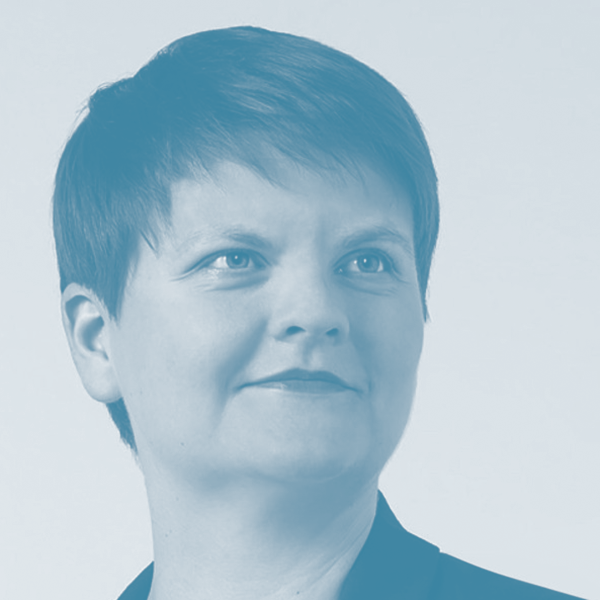
Olga Baranova
Secretary General, CH++
Olga Baranova is the Secretary General of CH++, a Swiss NGO dedicated to ensuring that scientific and technological expertise effectively strengthens and implements democratic decisions. The organization plays a key role in shaping digital and research hub policies at the federal level in Switzerland. In addition, she is actively involved in advancing progressive media policy. With a background in political science and public administration, Olga has worked for the Swiss Social Democratic Party and led the campaign for the referendum on marriage equality in Switzerland. She was also a former member of the Geneva City Council.
Hubert Brossard
Senior Client Officer, Ipsos Switzerland
Hubert is a Senior Client Officer at Ipsos Switzerland in charge of client development for a set of large international compagnies. Hubert has been working for Ipsos for the past 20 years occupying several managerial roles and partnering with large international clients across various sectors including FMCG, OTC and Pharmaceutical. In addition, he was at the inception of our Ipsos office in Geneva in 2006.
Prior to joining Ipsos, Hubert occupied several roles across various companies including J.D Power & Associates, Mercer Management Consulting and Novartis across several locations (US and UK). Hubert holds a PhD from the University of Neuchatel in Switzerland and spent 1 year at Vanderbilt University as a Post Doctoral student.


Majorie Buchser
Senior Consultant, UNESCO / Senior Advisor, Chatham House, Netherlands
Marjorie Buchser is currently a Senior Consultant with the UNESCO’s section of Freedom of Expression and Safety of Journalists, focusing on the implementation of the Guidelines for the Governance of Digital Platforms with specific stakeholder groups.
She is also a Senior Advisor and Associate Fellow with Chatham House, the Royal Institute of International Affairs, an independent policy institute based in London. For almost a decade, she developed and launched high priority strategic initiatives for Chatham House’s Director Office including its Sustainability Accelerator and Digital Society Programme (DSP), the institute first research programme on technology policy. In 2018, she became the Executive Director of DSP, managing a team of multidisciplinary researchers and overseeing research projects on data flows, artificial intelligence and digital platforms governance.
Prior to Chatham House, Marjorie was a Senior Strategist at Purpose, a social impact agency, where she developed various advocacy campaigns related to digital inclusion and climate change. She also worked as an Associate Director and Global Leadership Fellow at the World Economic Forum in Geneva and New York where she led the organisation’s digital innovation projects and managed the Technology Pioneer Programme.
Ashutosh Chadha
Senior Director UN Affairs and International Organisations, Microsoft
Ashutosh Chadha is currently responsible for building partnerships with UN and other International organizations to enable the responsible use of technology through policy and programmatic interventions to advance the achievement of the sustainable Development goals and socio economic growth, enabling innovation ecosystems, inclusion and safety and security.
Till recently he was the Director and Country Head Corporate Affairs and Public Policy for India and South Asia at Microsoft. In his role, he worked closely with key audiences in the Government, Academia, Industry as well as Multilaterals to help frame policies which enable deepening of usage of technology, driving digital inclusion and growth as well as ensure innovation and safety of the digital ecosystem.
In a career spanning over 37 years, Ashutosh has worked at Mastercard, Wipro Ltd, Intel India, Shell India Pvt Ltd, NIIT and the National Dairy Development Board. A Management graduate from the institute of Rural management of Anand Gujarat, Ashutosh has had extensive experience in Business Development, Channel Management, Strategic Planning and Corporate Affairs, Government Relations and Policy Advocacy.
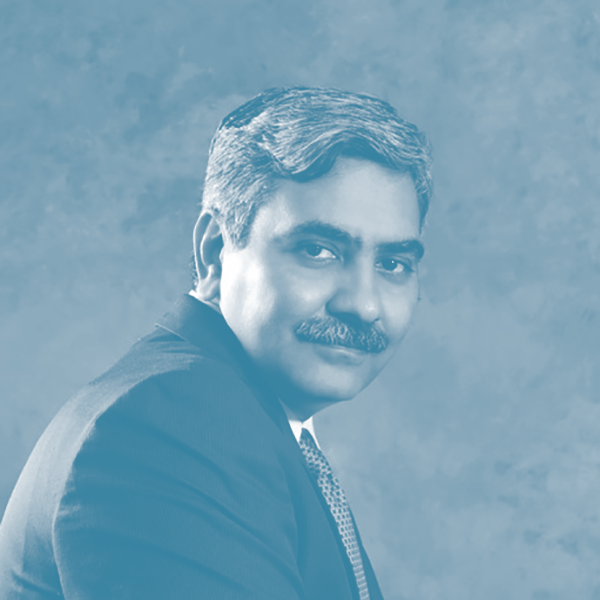
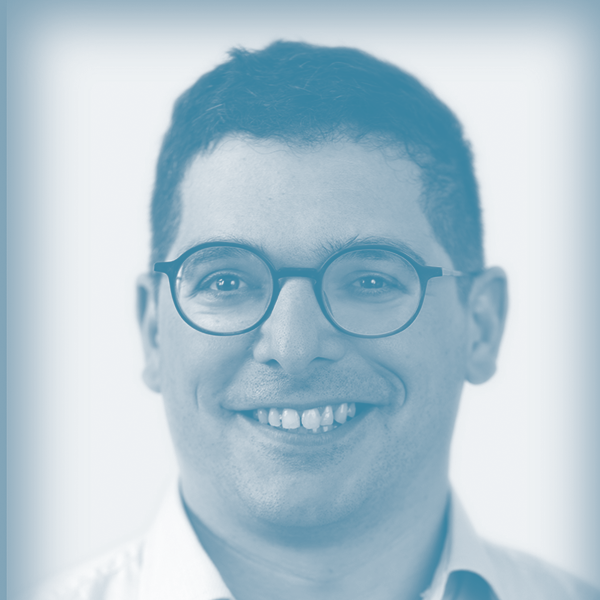
Paul-Olivier Dehaye
CEO, hestia.ai
Paul-Olivier is a mathematician by training who became interested in the role of personal data in society. He has most notably helped uncover the Cambridge Analytica scandal. He has led the NGO PersonalData.io and is the CEO of Hestia.ai, a generative AI company. With this double affiliation he builds fun citizen science projects such as with Geneva Uber drivers, reverse engineering Uber’s algorithms.
Touradj Ebrahimi
Professor, Head of The Multimedia Signal Processing Group (MMSPG), EPFL
Professor Touradj Ebrahimi is the Director of the Multimedia Signal Processing Group at EPFL and has led the JPEG standardization Committee since 2014. He serves as Switzerland’s head delegate to JTC1 and SC29, overseeing the standardization of information technology, including JPEG and MPEG. At EPFL, he is a leading representative in ITU and is active in Ecma International’s Executive Committee. Over the past two decades, Prof. Ebrahimi has founded several startups, including RayShaper SA, an AI-powered multimedia company. He is a Fellow of IEEE, SPIE, EURASIP, and AAIA, and has received numerous awards, including the IEEE Star Innovator Award, an Emmy Award on behalf of JPEG, and the SMPTE Progress Medal.
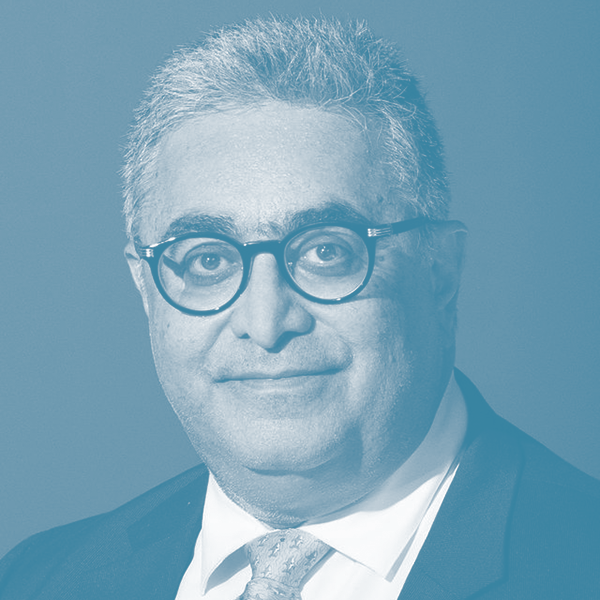
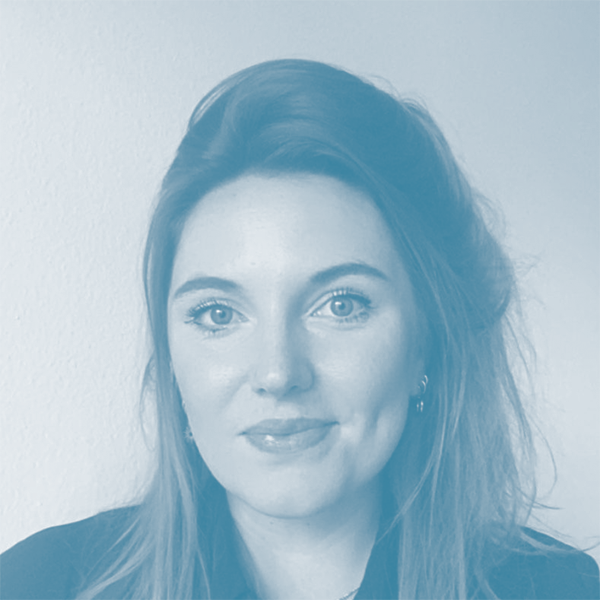
Emma Hoes
Postdoctoral Research Fellow, University of Zurich
Emma Hoes is a Postdoctoral Researcher at the Department of Political Science at the University of Zurich. At the UZH, she is involved in the ERC-funded project PRODIGI as well as the Digital Democracy Lab. Her research focuses on several challenges that came about with the advancement of digital technologies, such as misinformation, micro-targeting, online content moderation, AI and LLM’s (ChatGPT), and – more broadly speaking – the role of social media in our daily media-diet. She is particularly interested in the extent to which the numerous interventions against these potentially harmful phenomena are effective, especially to what extent such interventions may cause unintended spill-over effects, and — more currently — how these negative effects can be prevented.
Lindsay Hundley
Influence Operations Policy Lead, Meta, USA
Dr. Lindsay Hundley is the policy lead for Meta’s work to counter both covert and overt influence operations. This includes the work to disrupt networks of Coordinated Inauthentic Behavior (CIB), as well as leading the company’s state-controlled media program. Prior to joining Meta, Lindsay received her PhD in Political Science at Stanford University where she researched how governments use foreign interference to bolster their rule domestically. At the Stanford Internet Observatory, she also studied the spread of Covid-19 misinformation on social media and researched deceptive influence campaigns removed by Meta and Twitter. Her work has been published in both premier academic and policy outlets, including the Journal of Politics, Lawfare, and the Washington Post.

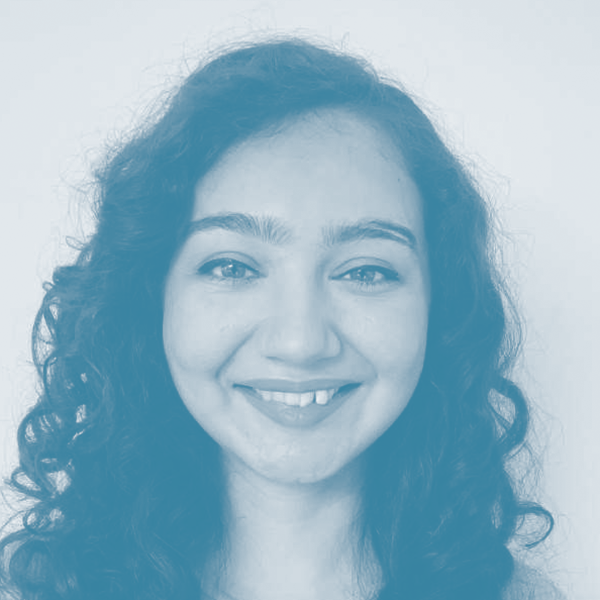
Anushka Jain
Research Associate, Digital Futures Lab, India
Anushka Jain is a lawyer and policy researcher based in India who has extensively worked on regulatory challenges surrounding artificial intelligence and its impacts on privacy and freedom of expression.She currently works as a Research Associate at Digital Futures Lab, Goa. In her work, she has examined issues related to the responsibilities of technology companies such as Facebook on moderating hateful and violent speech on their platforms, gendered impacts of mis-/dis-information as well as the impact emerging technologies such as Generative AI will have on democratic processes, specifically for politically active women.
She has been quoted in a Vice India documentary about the Sulli Deals/Bulli Bai incident which targeted politically active women belonging to the minority Muslim community by “auctioning” them on the internet. She has also been quoted in publications such as Al Jazeera, Independent, DW, and ABC, about the potential harms of deepfakes and AI-generated mis-/dis-information during the recent election cycle in India. She emphasises that the existing legal vacuum surrounding AI in India and globally is a primary concern that needs to be addressed as we continue to have discussions about the potential repercussions of these technologies.
Melanie Kolbe-Guyot
Head of Policy, Center for Digital Trust (C4DT)
Melanie Kolbe-Guyot is Head of Policy at the Center for Digital Trust (C4DT) at EPFL, the Swiss Federal Institute of Technology in Lausanne, where she leads the center’s science communication and digital policy work. She currently is also a Tech Policy Fellow at the University of California, Berkeley. She has worked on policy papers and opinion articles in the areas of digital governance of privacy and cybersecurity, infrastructure digitalization and data-sharing. Her current research projects focus on data policy and data spaces, as well as the use of AI in the public sector. Hailing from Berlin, Germany, Melanie has studied Political Science and International Affairs in Germany and the United States, and received her PhD from the University of Georgia. She previously served as an Assistant Professor for Political Science and International Affairs at the Graduate Institute in Geneva, with a focus on public policy and political economy.

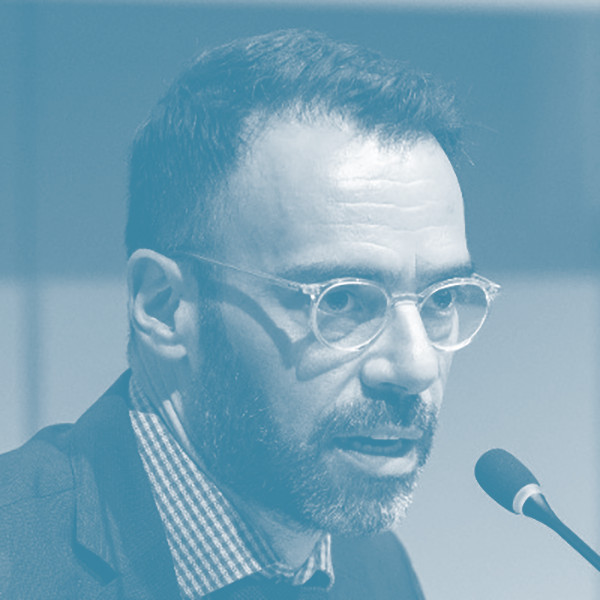
Konstantinos Komaitis
Konstantinos Komaitis is a senior resident fellow and Internet governance lead at the Atlantic Council’s Digital Forensic Research Lab. He has over a decade of experience in internet policy, previously serving as a senior director at the Internet Society and a senior lecturer at the University of Strathclyde. Dr. Komaitis has advised companies and international organizations on internet and AI governance and held speaking engagements worldwide, including TedX. He has written for outlets like Politico and Slate and authored a book on domain name regulation. He holds two master’s degrees and a doctorate, and serves on the boards of IP Justice and the Global Network Initiative. He also co-hosts the “Internet of Humans” podcast.
Andrei Kucharavy
Assistant Professor, University of Applied Sciences and Arts Western Switzerland (HES-SO Valais-Wallis)
Andrei Kucharavy, now Assistant Professor at HES-SO, has been bladerunning rogue Generative AIs in the wild since 2020, whether by cyber-criminials looking for a quick AI buck, or by nation-state looking to destabilize their neighbors and neighbors’ friends. Swiss Cyber-Defence Campus ex-fellow, and led the redaction of the March 2023 report on the impact of LLMs on Swiss cyber security.
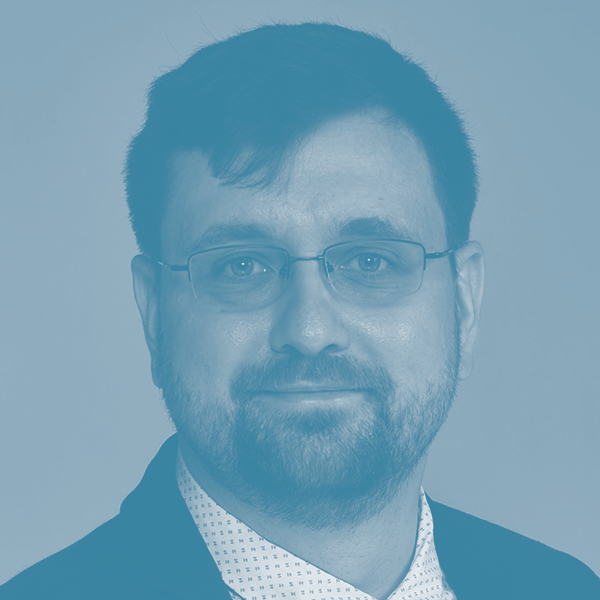
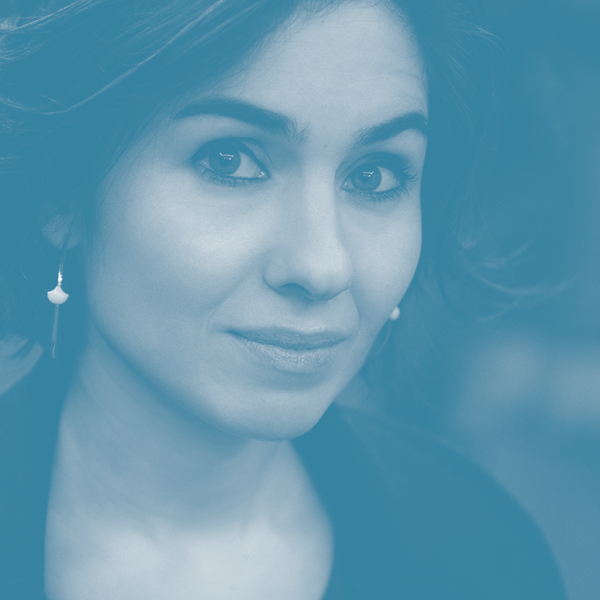
Chine Labbé
Managing Editor & Vice President Partnerships, Europe and Canada, NewsGuard
Chine Labbé is Managing Editor & Vice President of Partnerships for Europe and Canada at NewsGuard, a U.S. company that evaluates the reliability of news and information websites and combats mis- and disinformation. In April 2023, she was also appointed as a member of the Committee on Honesty, Independence and Pluralism for the programs of Radio France, France’s public radio. Labbé previously worked as the Editor-in-Chief and Host of Good Code, a podcast on ethics in the digital world that she created in September 2018 with Cornell Tech’s Digital Life Initiative. Before that, she worked as a reporter for Reuters in Paris, covering courts and terrorism and as a multimedia producer for The Economist in New York. In 2009, she won the Anna Lindh Journalist Award for a radio documentary broadcast on France Culture. She studied journalism at Columbia University and Sciences Po in Paris.
Katherine Loh
Project Manager, Center for Digital Trust (C4DT)
Katherine Loh is a Project Manager for C4DT’s Agency team. She is helping C4DT build a global community of digital trust researchers and practitioners, through organizing events, connecting partners, and curating resources. Prior to joining EPFL, Katherine worked as a policy strategist in the international development domain, working with government, multilateral, industry and civil society organizations to articulate their responses to governance challenges posed by new technologies. Over time, she has witnessed the evolution of these challenges, from issues like mobile money deployment and small business digitalization to the future of work and mis- and disinformation. Katherine has a Masters in Economics from the University of California at Los Angeles.
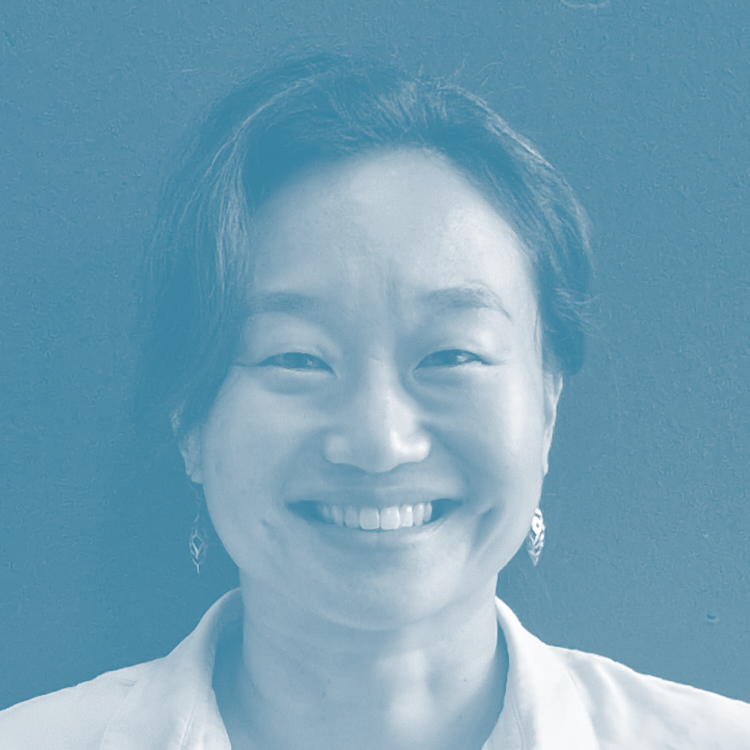
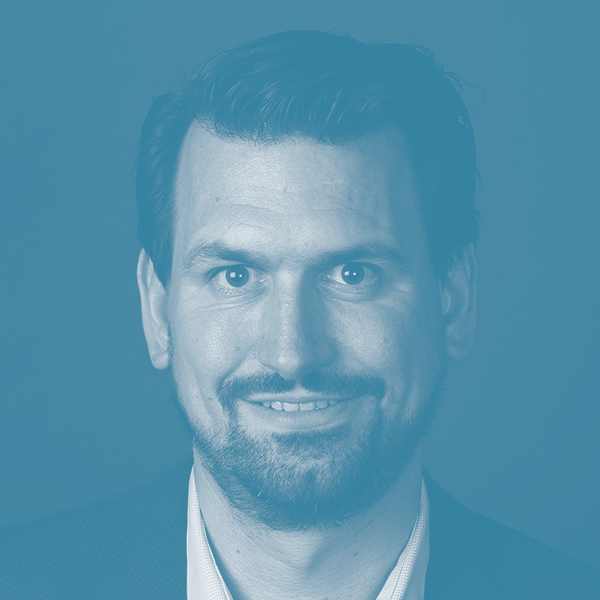
Lukas Mäder
Tech Journalist, NZZ
Lukas Mäder is editor for technology at the Neue Zürcher Zeitung (NZZ) AG. Born in St. Gallen, he studied Eastern European History, German Studies and Computer Science at the University of Zurich, and graduated in 2007 with a thesis on Yugoslavian labor migration to Switzerland. Already during his studies he started working as a journalist. From 2008 on he was responsible for covering Swiss politics at “20 Minuten Online”. After that, he worked for several years at Radio SRF as an editor and producer, and he also moderated the debate program “Politikum”. In 2017, Mäder moved to the Federal Parliament for the NZZ, where he focused on topics related to digitalization, among other things. Since November 2020, he has been writing as a technology editor, focusing primarily on cybersecurity, disinformation, and technology in warfare.
Aurora Morales
Trust & Safety Global Engagements Manager, Google
With over a decade of diverse experiences in the Tech industry, Aurora brings a Communications and Public Relations focus to her Trust & Safety work through her Journalism and Media formal education. She currently manages external engagements with industry key opinion formers to share Google’s work in the areas of information quality and content moderation within its platforms.
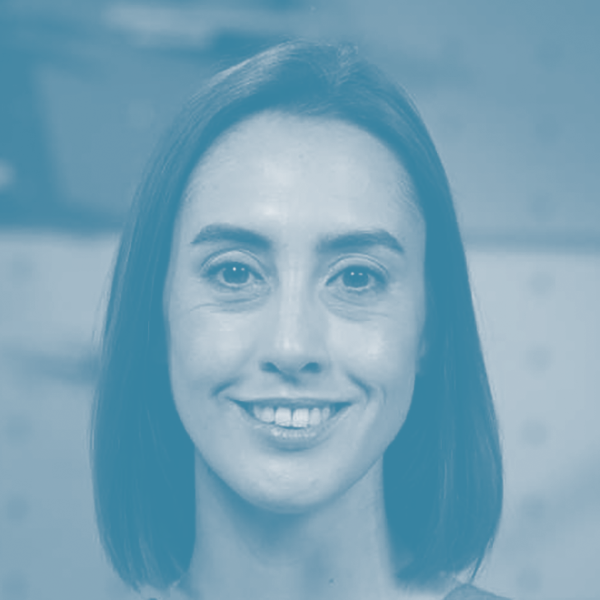
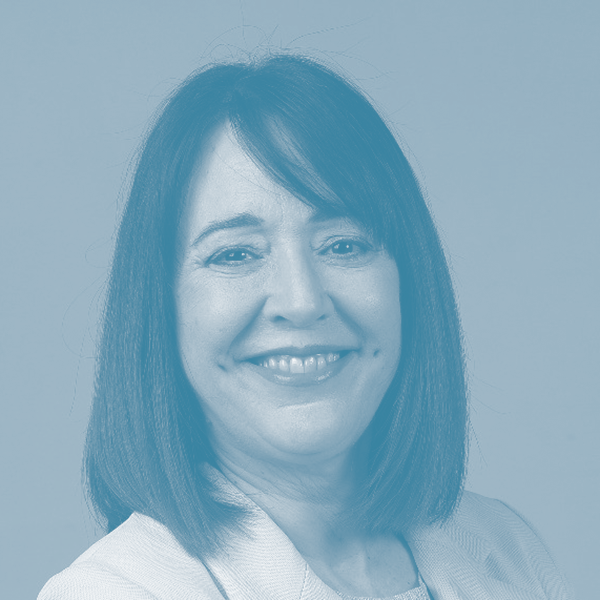
Albertina Piterbarg
Senior Policy Analyst, UNESCO, France
Albertina Piterbarg is an Electoral Expert and journalist working at UNESCO Freedom of Expression and Security of Journalists section. She has more than 20 years of experience working in the areas of communications, elections and women’s political participation in the Organization of the American States (OAS), UN Peacekeeping Operations, UNDP, UN Women and most recently, UNESCO ranging from head of office, team leader, field officer, government advisor, independent consultant, and certified BRIDGE trainer. She has participated in several missions in Niger, Ivory Coast, Tunisia, Libya, East-Timor, New Caledonia, Mexico, Bolivia, Colombia, Ecuador, Dominican Republic and Venezuela among others. She studied Philosophy and Literature in the University of Buenos Aires in Argentina and a master’s in Journalism in Saint Andrews University of Argentina, where she was bestowed with the Outstanding University Graduate award 2018.
Yash Raj Shrestha
Professor of Computer Science, University of Lausanne
Yash Raj Shrestha is an Assistant Professor at the Department of Information Systems, Faculty of Business and Economics (HEC) and Group Head of Applied AI Lab at the University of Lausanne. At ETH Zürich, he also holds position as an Academic Director of Strategy and AI Laboratory. His research program aims to pioneer innovative and responsible advances in AI, fostering solutions that positively transform organizations and society.
Recently, Prof. Shrestha has been awarded “Future of Organisations Fellowship” by Organisational Design Community for 2024-2026. His research has appeared in leading outlets in both management and computer science, including Nature Machine Intelligence, Nature Computational Sciences, Organization Science, Strategic Management Journal, EMNLP, IJCAI, ECAI, KDD, RecSys, MICCAI, CSCW, etc.
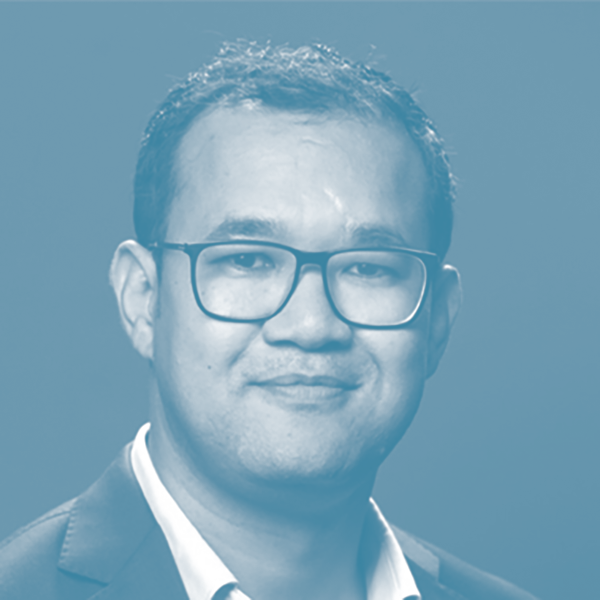

Sisi Wei
Editor-in-Chief and Chief Impact Officer, The Markup, USA
Sisi Wei is the Chief Impact Officer at CalMatters and The Markup, where she is forging new ways for journalism to restore readers’ sense of agency, serve communities, and drive real-world impact. Sisi was Editor-in-Chief of The Markup from 2022-2024. During that time, The Markup’s mission was updated to challenging technology to serve the public good, and the newsroom’s journalism had incredible impact: Dozens of companies removed the privacy-invading Meta Pixel from their websites, local and state governments across the country ended or fixed their usage of biased algorithms, and multiple class action lawsuits were filed. Under Sisi’s tenure, for the first time, The Markup published a citizen science guide for the public, story recipes for journalists, a digital zine, and service pieces directed by community needs.
Previously, Sisi was co-executive director of OpenNews, and assistant managing editor at ProPublica. At ProPublica, Sisi oversaw three editorial teams focused on news apps, interactive storytelling, and visual investigations. She also managed large, interdisciplinary investigations across the newsroom, one of which won the Pulitzer Prize for National Reporting in 2020. Sisi worked at ProPublica for seven years, investigating abuses of power and betrayals of the public trust across a range of topics, including health care, higher education, government, and immigration. In 2024, Sisi won the Freedom of the Press Rising Star Award. In 2021, IWFM awarded Sisi the Gwen Ifill Award.
Nicolas Zahn
Managing Director, Swiss Digital Initiative
Nicolas Zahn works as Managing Director of f0t1 GmbH and the Swiss Digital Initiative. He holds a Master of Arts in International Affairs from the Graduate Institute Geneva. He is a board member, co-founder and member of various organizations and is especially active in democracy and net politics. He is an alumnus of the Swiss Study Foundation, a former Binding Fellow, a former fellow of the Mercator Kolleg for International Affairs, and an ECCRI European Cybersecurity Fellow. His work on bridging technology and politics was also acknowledged by being featured on the 35 under 35 list of CIDOB Barcelona & Banco Santander. He publishes on various digital & political topics in the Republic, NZZ & The Market, Handelszeitung and Schweizer Monat, among others and is also a lecturer at various Swiss universities.
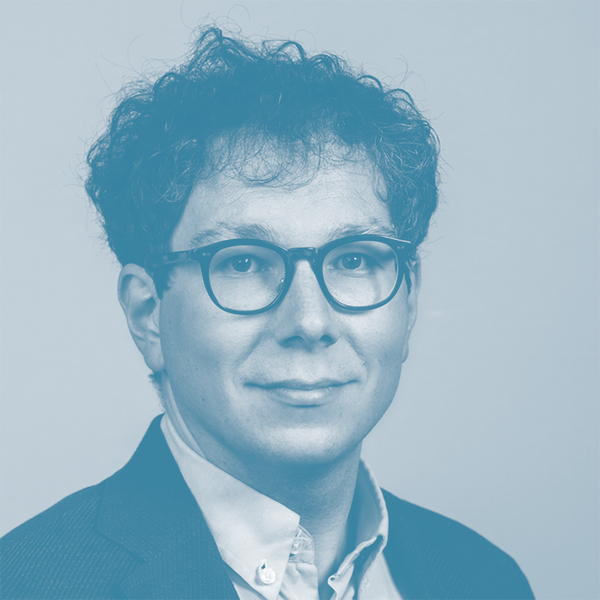

Jan Zilinsky
Postdoctoral Research Fellow, Technical University of Munich, Germany
Jan Zilinsky is a research fellow and lecturer at the Munich School of Politics and Public Policy at the Technical University of Munich. His academic research deals with the impact of political information, including through foreign influence operations via social media, on electoral behavior. He received his doctoral degree from New York University, and his first degree in economics from Harvard University.